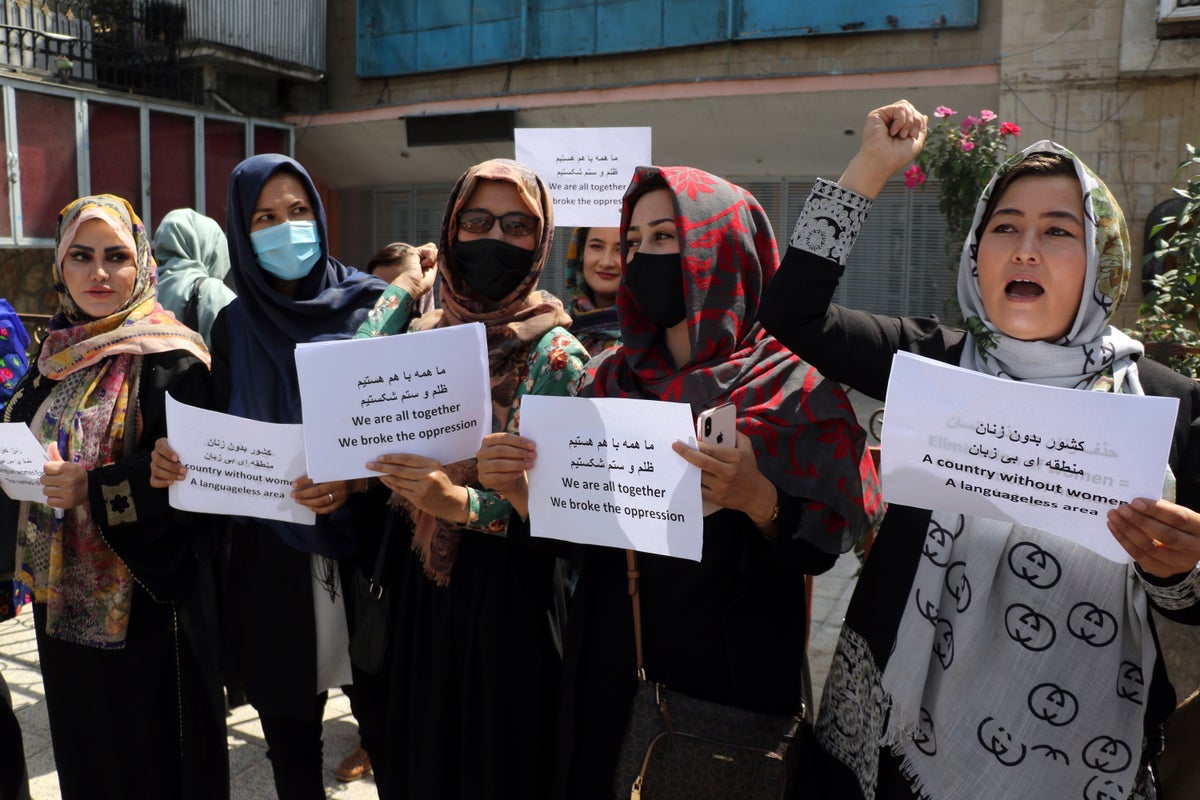This January, the United Nations expressed its concerns over the rise in the cases of abduction of women in Afghanistan. The context was the abduction of two women, namely Taman Zaryabi Paryani and Parawana Ibrahimkhel by the Taliban. The most dreadful aspect was Paryani’s abduction as she filmed the Taliban men knocking her immediately before the recording snapped.
The kidnapping of Afghan girls in present-day Afghanistan, despite the gravity of the crime, appears to be a casual affair for the ruling dispensation. However, it is the silence of our society, especially the silence of women whose voices cannot be heard except in elite gatherings, that is a greater betrayal. With disappointment, one has to contend that the true challenges faced by Afghan women – despite the coverage by international media – are yet to be understood in the entirety.
This also reveals the dichotomies prevalent in the Afghan society, where on the one hand there is an endless list of women facing oppression and on the other hand, there is an Afghan elite that pretends to be concerned about the country but is complicit is in perpetuating backwardness in the country.
With the proliferation of media channels and the rise in international coverage of Afghanistan, it has become difficult to identify the true representatives of the Afghan cause, especially Afghan women. Although such topics are deeply subjective, the author would still like to make the case for distinguishing those who are committed to their motherland.
While it is a positive development that the international media has given greater space to Afghan voices in the aftermath of the coup, the other side of this reality is also that many of these activists are not in sync with the ground realities.
On the other hand, the Taliban’s attempts to sustain conservative thinking and its stringent regulations and restrictions on women remain intact for the last 27 years. They do appear to show some leniency but these are mere theatrics in order to appease the western media, which too had been influenced by the American conviction that the Taliban had changed.
In the last few years, an entire political economy of Afghan specialists has sprung up. They have been able to access media circuits, through which they appear to appropriate the Afghan cause.
Although the path to democracy appears to be difficult, Afghan women still hope that the dark days shall pass soon.
but we will not allow them to benefit from the struggles of heroic girls and women, who unfortunately always represent their needs.
To my sisters, my compatriots!
I would kindly request your attention to the following questions:
1. Who stayed with Afghanistan when the nation faced the most difficult times?
2. Who were the people benefitting out of the miseries of millions of Afghans?
3. Amongst the Afghan diaspora, who were the true representatives of Afghanistan in the international bodies?
4. Who were those people lobbying with the international community to legitimize the Taliban and who were the ones trying to create an inclusive national government?
5. Who were the ones to forget the sufferings of Afghan women, children and minorities?
While Afghan politics may be complicated, the answers to these questions are very easy to find. For each question, it is easy to recall certain politicians, business lobbies and vested interests which never allowed Afghanistan to prosper.
Image – BBC

